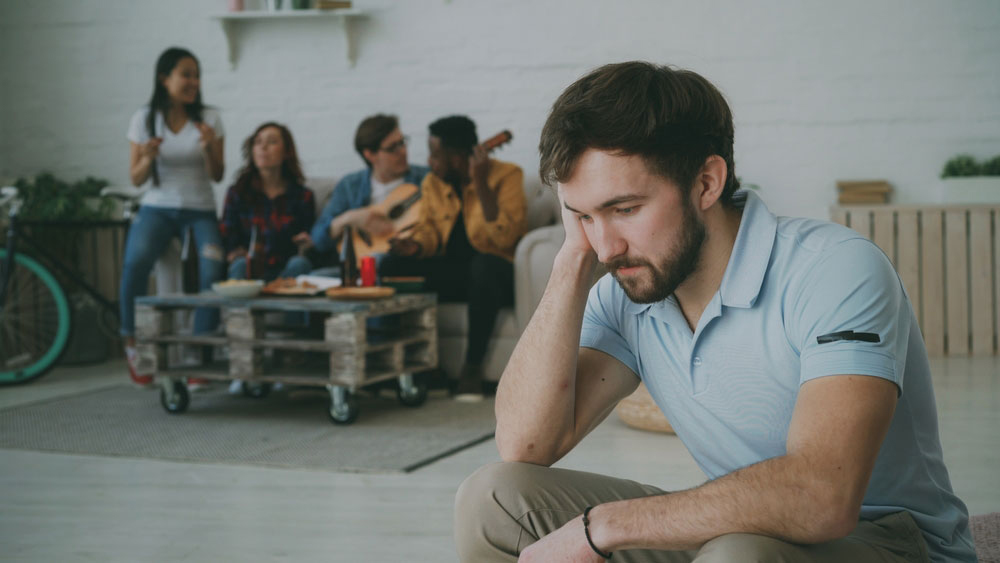Social Anxiety Disorder
Navigating social situations can be tricky, but for those with social anxiety disorder, every interaction may feel like an insurmountable challenge. Social anxiety goes beyond simple shyness and introversion – it is a debilitating condition that can impact every facet of your daily life.

Defining Social Anxiety Disorder
At its core, social anxiety revolves around the deep-seated fear of being the subject of negative judgment or ridicule by others. It’s a mental health disorder characterized by intense anxiety in situations that involve talking to people or being in unfamiliar surroundings. Here are some common scenarios that might make you nervous or panicky:
- Giving a presentation at work or school
- Participating in competitive events
- Getting together with family and friends
- Eating in public
- Ordering food at a restaurant
- Meeting new people or striking up conversations
- Going on a date
Everyone has unique triggers. For example, your social anxiety disorder might make you exceptionally uneasy or on edge when talking to a stranger, while you are relatively comfortable in intimate group settings with close friends.
What Does Social Anxiety Feel Like?
Social anxiety can manifest differently for everyone, but in general, people with this mental health disorder may experience the following symptoms in stressful situations.
- Rapid heartbeat
- Trembling, excessive sweating or unexpected blushing
- Nausea
- Panic attacks
- Difficulty making and maintaining eye contact
- Hesitation or outright refusal to meet new people
- A constant sense that they are under scrutiny
- An overpowering urge to avoid anxiety-inducing situations
What Causes Social Anxiety?
Social anxiety’s cause remains a subject of research. However, genetics probably play a role, even if it’s unclear why mental health challenges affect some family members and spare others. Moreover, social anxiety disorder doesn’t exist in isolation; it frequently co-occurs with other conditions like depression, agoraphobia and even substance abuse.
Social anxiety disorder might make you agonize over an upcoming event for days or weeks. You may also prefer to evade anxiety-inducing situations altogether, preferring to be alone instead of risking possible embarrassment.
Taking the Next Step: Seeking Help
Social anxiety can prevent you from getting help due to the overwhelming fear of judgment. However, remember that your symptoms can continue worsening without treatment. If social anxiety disorder holds you back, therapy can pave the way for more fulfilling relationships and improve your overall well-being.
At PACE Recovery Center, we understand the intricate challenges of social anxiety disorder and are here to provide the guidance and support you need. Don’t let fear hold you back; reach out today.


